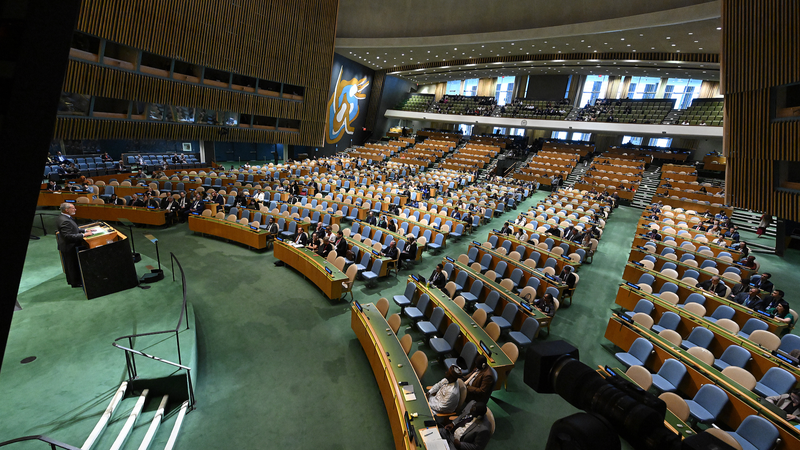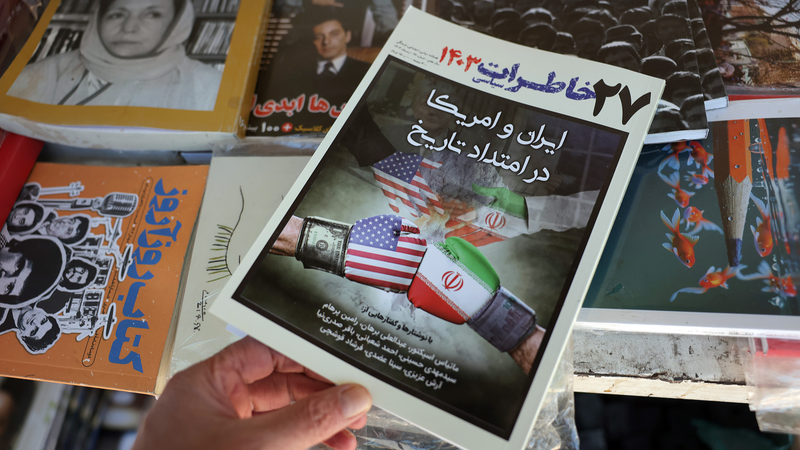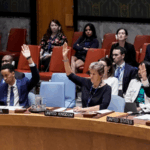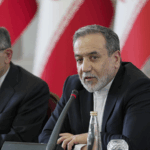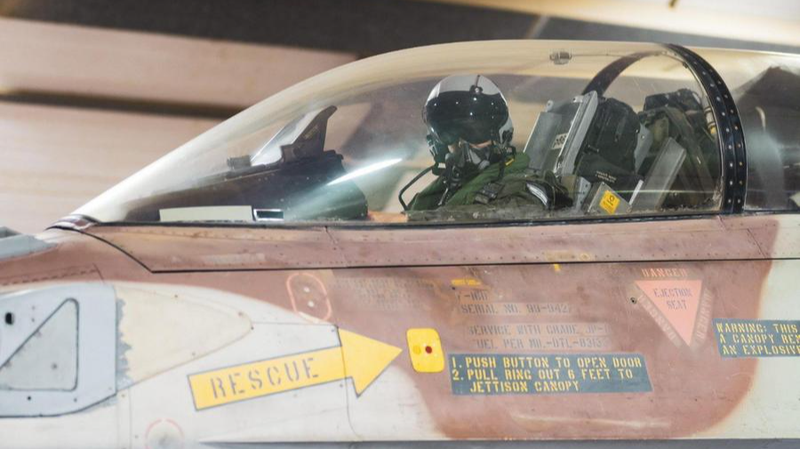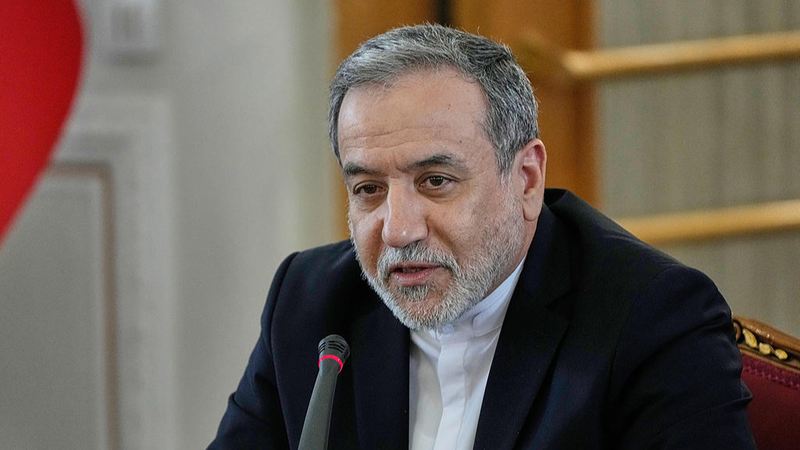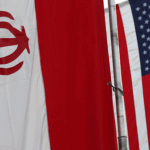The UN Security Council rejected a resolution on Friday that sought to extend the 2015 Iran nuclear deal, heightening uncertainty over global nonproliferation efforts and regional stability. The failed vote leaves unresolved questions about the potential reinstatement of sanctions against Tehran under a controversial "snapback" mechanism.
China and Russia proposed the six-month extension to allow diplomatic negotiations to continue, but the draft resolution received only four votes in favor, with nine members opposing and two abstaining. The outcome prevents an extension of Security Council Resolution 2231 – which endorsed the original Joint Comprehensive Plan of Action (JCPOA) – beyond its scheduled expiration in October 2025.
Britain, France, and Germany triggered the snapback process on August 28 by alleging Iranian non-compliance, bypassing the JCPOA's mandated 35-day Dispute Resolution Mechanism (DRM). Legal experts and several Security Council members have challenged the validity of this move, arguing it violates procedural requirements outlined in Resolution 2231.
Iranian Foreign Minister Seyed Abbas Araghchi warned that renewed UN sanctions would terminate Tehran's cooperation agreement with the International Atomic Energy Agency (IAEA), despite current inspections proceeding as planned. The development comes weeks after Iran and the IAEA agreed in Cairo to resume nuclear monitoring activities.
Analysts suggest the failed resolution could deepen divisions between Western powers and other Security Council members, while businesses monitor potential impacts on Middle Eastern energy markets. The outcome also raises questions about future diplomatic pathways to address nuclear concerns in the region.
Reference(s):
cgtn.com
